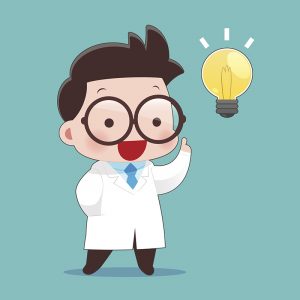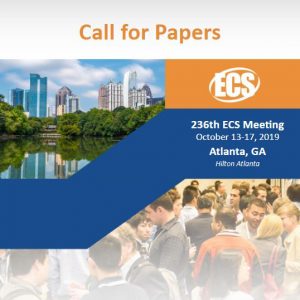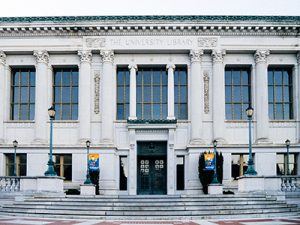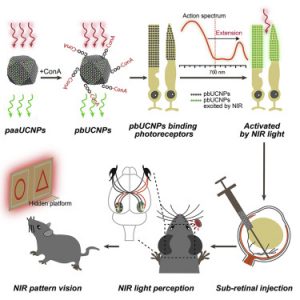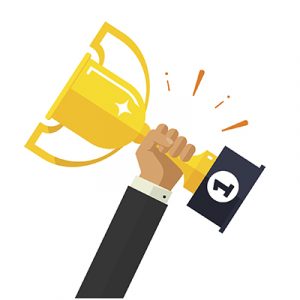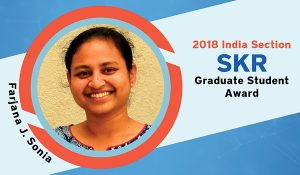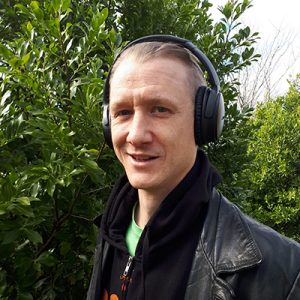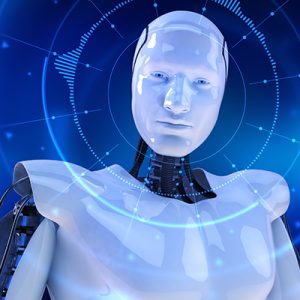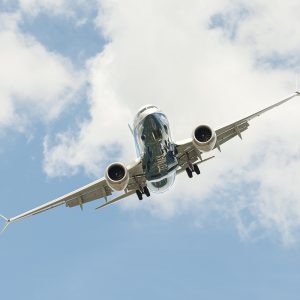 The recent fatal crash of a Boeing 737 Max 8 aircraft is forcing officials to take a closer look at the airplanes safety system. The accident—which happened just minutes after takeoff, killing all 157 passengers aboard the Ethiopian Airline—is suspected of being a result of a faulty sensory system built to stabilize the aircraft in flight, known as Maneuvering Characteristics Augmentation System (MCAS), according to USA Today.
The recent fatal crash of a Boeing 737 Max 8 aircraft is forcing officials to take a closer look at the airplanes safety system. The accident—which happened just minutes after takeoff, killing all 157 passengers aboard the Ethiopian Airline—is suspected of being a result of a faulty sensory system built to stabilize the aircraft in flight, known as Maneuvering Characteristics Augmentation System (MCAS), according to USA Today.
Why was the MCAS added?
Boeing had originally added the MCAS after redesigning its 737 platform for the Max, changing the placement and size of the aircraft’s engines, consequently altering how the jet handled in flight. As a result, the Max tended to raise its nose in flight; a movement called pitch. If a plane pitches too high, it could lead to crashing or stalling of the aircraft—something the MCAS was installed to detect and prevent. (more…)


